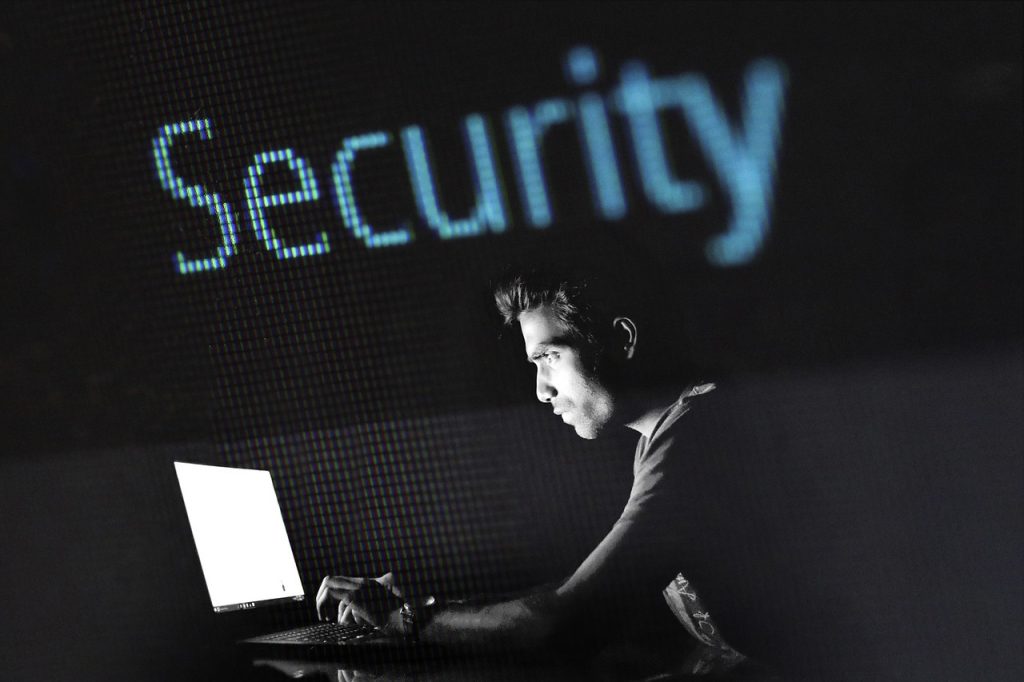Cybersecurity Concerns Are Growing, Here Are The Best Ways To Protect Yourself
The best ways to safeguard yourself against growing cybersecurity concerns include managing app permissions, investing in a VPN, do research to stay up-to-date on emerging threats.
This article is more than 2 years old

In today’s quickly evolving digital world, cybersecurity has become an urgent concern for both individuals and businesses. With the growth of technology and the increasing quantity of personal information exchanged online, it has never been more important to defend oneself from cyber dangers.
According to a recent article by USA Today tech columnist Kim Komando, “our devices are spying on us, and we may not even realize it.” One of the most insidious ways that cybercriminals can access our personal information is through smartphone apps. Komando explains that “some apps track your location, collect data on your web browsing habits, and even listen in on your conversations.” To protect yourself from these threats, there are several steps you can take.
Steps to Ensure Your Cybersecurity
First things first, it’s important to use strong and unique passwords for all of our online accounts. It may be tempting to use the same password for multiple sites, but that makes it easier for hackers to access all of your accounts if one is compromised. A password manager can generate and store strong passwords for each account, making it much easier to keep track of them all.
It’s also critical to be cautious about the apps you download onto your devices to ensure cybersecurity. Some apps track your location, collect data on your browsing habits, and even listen to your conversations. Before downloading an app, take a look at its permissions and be careful about granting access to sensitive information. It’s also a good idea to regularly review the apps installed on your device and remove any that you no longer use.
Using a virtual private network (VPN) can also be a great way to protect your online activity. VPNs encrypt your internet traffic, making it almost impossible for anyone to steal your data. This is especially important when you are using public Wi-Fi networks, which can be hacked.
Anti-virus software is another important tool for defending against cyberthreats and assuring cybersecurity. It helps detect and remove any malicious software or viruses that may be present on your devices. Be sure to keep your anti-virus software up-to-date to make sure that you have the latest protections against new threats.
Staying informed about the latest trends and threats in cybersecurity is also crucial. Many government websites and organizations offer free resources and advice on cybersecurity. Keeping up-to-date on the latest news and information can help you be proactive in protecting yourself and your information.
Next, be careful when clicking on links or downloading attachments from unknown sources. Phishing emails and other scams can be very convincing and may even appear to come from a legitimate source. Always double-check the sender’s email address and look for any red flags before clicking on any links or downloading any attachments.
Finally, consider enabling two-factor authentication on your accounts to boost cybersecurity. This adds an extra layer of security by requiring you to enter a code sent to your phone or email in addition to your password. It makes it much more difficult for hackers to gain access to your accounts, even if they have your password. Remember, an ounce of prevention is worth a pound of cure. By being proactive in protecting yourself and your information, you can stay safe in the digital world.



